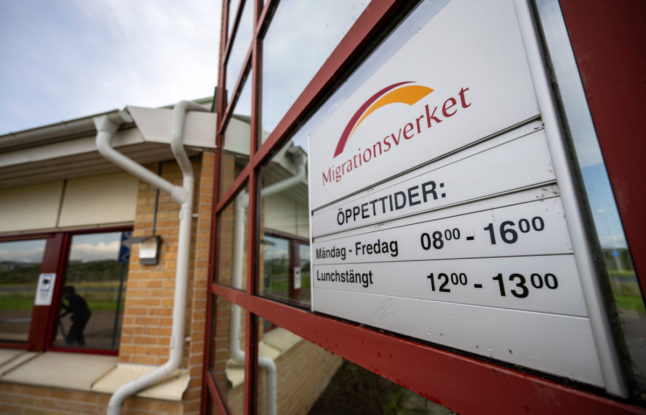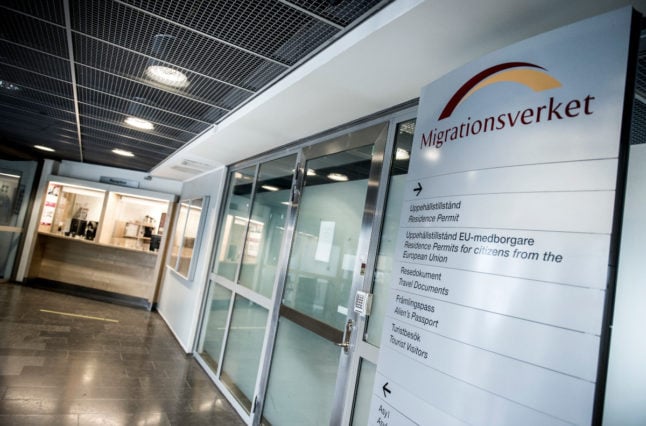In the government’s annual steering document for the Migration Agency, it lays out what should be the agency’s priorities for the year ahead. These priorities, read by The Local, include cutting processing times and “continuing to facilitate high-skilled labour migration to Sweden”.
It especially wants the agency to focus on cutting waiting times for Swedish citizens based abroad who want to move back to Sweden with their non-Swedish family, a move welcomed by the organisation Swedes Worldwide, which represents Swedes living outside of Sweden.
The government also orders the agency to prioritise cases that relate to recalling residence permits and increase the number of people who return to their home country following deportation orders.
There are plenty of other migration-related changes in the pipeline, but few that will lead to anything concrete in 2024.
Political bids to introduce language tests for citizen and permanent residency applications, and withdraw asylum if there are no longer any grounds for asylum, are still making their way through the legislative process and won’t come into force in 2024.
But here are some of the things we know are happening in 2024:
New processing model for work permits
As The Local has previously reported, the Migration Agency is also set to roll out a new processing model for work permits at some point in January. This is meant to speed up waiting times for international talent by setting up new international recruitment units which will not only process cases but also work closely with employers on the applications to make sure they’re complete.
The agency expects to be able to cut processing times drastically by dividing work permit applications into four categories, ranked from A-D, of which only the first, Category A, will be handled by the new international recruitment units and encompassed by the 30-day target.
Category A applications will be those already classified as “highly qualified” under the Standard for Swedish Classification of Occupations (SSYK), and will include leadership roles, roles requiring higher university education, and roles requiring university education or equivalent.
Inquiries to keep an eye on
Two inquiries are set to present their reports to the government in 2024.
One is looking into extending the period foreigners have to have lived in Sweden before they’re eligible for citizenship from five years to around eight years (in general). That report is set to be released in September, so it’s unlikely that any new rules are going to come into force this year.
The other inquiry will by the end of January present proposals for raising the work permit salary threshold from the current 80 percent of the median to jobs that pay the actual median salary, just a few months after the salary threshold was controversially hiked to its current level.
This inquiry is also expected to suggest exceptions for possible exemptions for skilled workers that Sweden needs, already a point of contention between the government coalition parties, especially the Liberals, which are pushing for exemptions, and the more hardline Sweden Democrats.



 Please whitelist us to continue reading.
Please whitelist us to continue reading.
Member comments